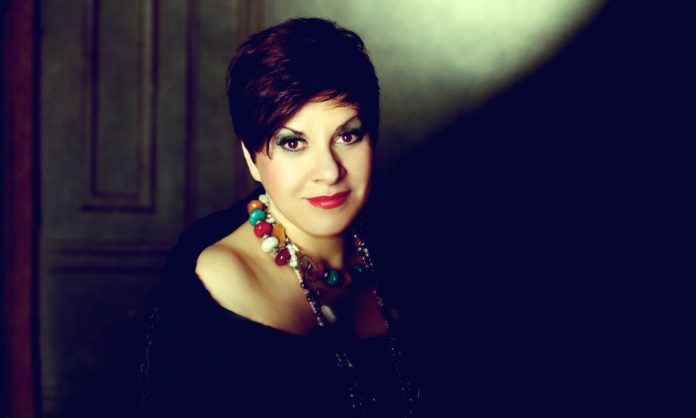Where once it was a curiosity more than anything else, Rainer Riehn’s chamber-ensemble arrangement of Mahler’s great song-symphony, first performed in 1983, seems to appear on disc almost as regularly as the original version nowadays. In 1921, Schoenberg had begun the task of scaling down Mahler’s score so it could be performed at his Society for Private Music Performances in Vienna, but when the society collapsed the same year, he abandoned the project, having reorchestrated only part of the opening movement. Sixty years later, Riehn took over where his great predecessor had left off, making minor adjustments but mostly keeping the same lineup of 15 players.
The cut-down version inevitably inhabits a very different sound world from the original, even though Riehn is at pains to preserve as many of its most striking instrumental effects as possible. There are moments that don’t have quite the effect Mahler originally intended – some of the yearning string lines in the final Abschied, for instance, veer dangerously close to schmaltz when played by a solo violin – but the sinewy bareness of the scoring rings true, even with a piano and harmonium thickening the textures.
There’s a bright immediacy to everything about this new version from Prague, conducted very capably by Petr Altrichter. Perhaps the focus of the recording is a bit too close at times, but it places the solo voices very much within the web of instrumental lines rather than superimposing them upon it. But even scaling down the orchestration can’t do much to lessen the strain on the tenor soloist; Mahler’s vocal lines are almost impossibly taxing, and Richard Samek doesn’t always disguise the difficulties. The recording seems to have been built around the mezzo Dagmar Pecková, who is certainly compelling, her rather insistent vibrato notwithstanding, though other soloists perhaps extract more pathos from the final pages.
Among recent releases of the numbered Mahler symphonies, a couple stand out. Mariss Jansons’ account of the Seventh with the Royal Concertgebouw Orchestra(RCO Live) is his third recording with different bands over the last 20 years, and by some way the best. It is superbly recorded (live in the Amsterdam Concertgebouw) and far more characterful than the others, yet just as technically immaculate as Jansons’ performances always are. And though the Swedish Radio Orchestra can’t summon quite the tonal bloom of their Dutch counterparts, their version of the Ninth Symphony under Daniel Harding (Harmonia Mundi) is an impressive achievement too, utterly coherent and never overwrought.
























